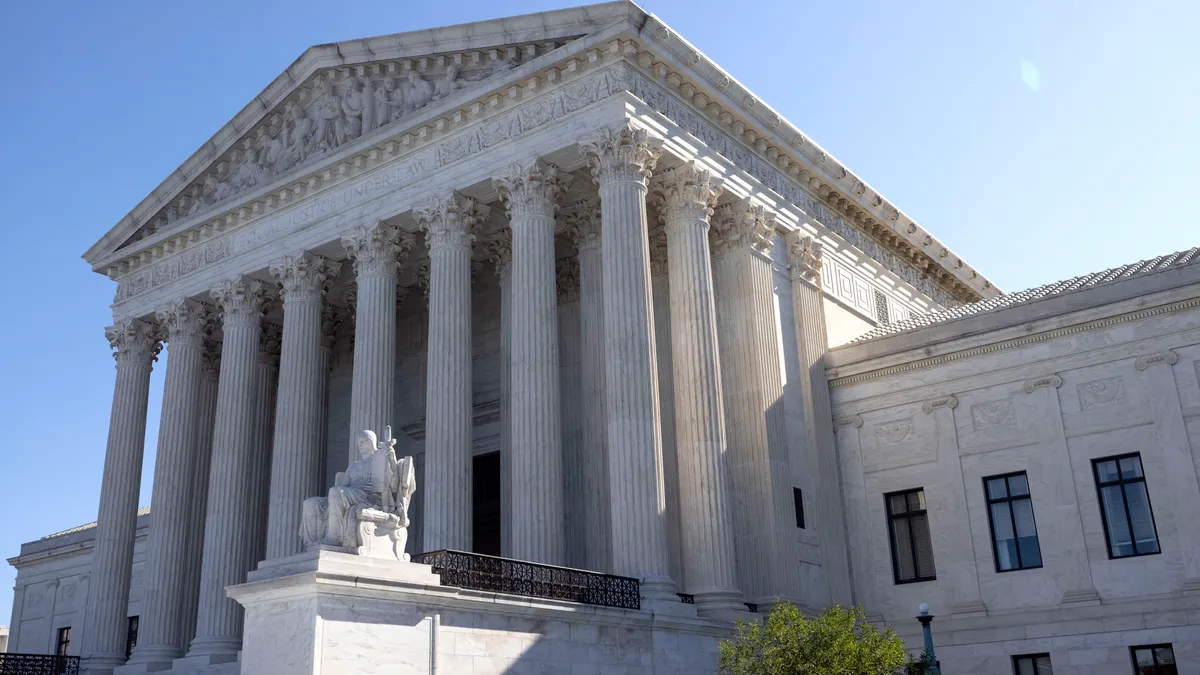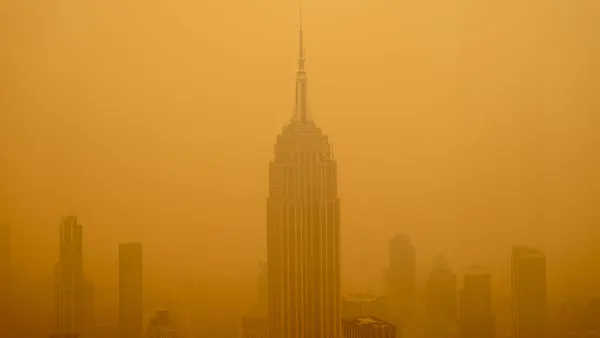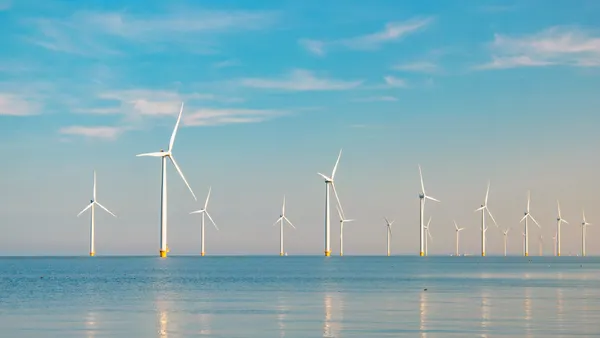The U.S. Supreme Court will have a conference on Jan. 10 to determine whether to hear arguments in Big Oil’s appeal of a Hawaii State Supreme Court decision which allowed a climate lawsuit brought by the city and county of Honolulu against the companies to continue.
Honolulu is seeking to hold Shell, ExxonMobil, Sunoco, BP, Chevron, and other major fossil fuel producers accountable for the costs of climate change in the area and initially filed the lawsuit in state court in March 2020, according to court documents. Honolulu filed an amended complaint in 2021 and courts have declined to dismiss the case or move it to federal jurisdiction in the intervening years, ultimately culminating with a decision by Hawaii’s Supreme Court denying the fossil fuel producers’ motion to dismiss in October 2023.
The lawsuit is just one of at least 86 climate cases filed against fossil fuel producers since 2015. Supreme Court justices, however, will consider whether to hear the case after the U.S. solicitor general said the official United States position is the Court doesn’t have jurisdiction, which Shell called a reversal from prior opinions.
The U.S. Supreme Court docketed the case in March, following an appeal from Shell, on behalf of the rest of the respondents, arguing that the state supreme court erred by finding the case was not pre-empted by federal laws. The Supreme Court justices asked for the official U.S. position on the appeal in June, and U.S. Solicitor General Elizabeth Prelogar delivered the nation’s view early last month.
Prelogar’s Dec. 10 brief said the United States’ official opinion was that the U.S. Supreme Court lacks the jurisdiction to weigh in on the decision, and “even if it did [have jurisdiction], further review at this time would be unwarranted.” Prelogar said that the fossil fuel producers have not proved that any other appellate court would have reached a different decision. Additionally, she said constitutional issues of pre-emption of the lawsuit by federal laws or the Clean Air Act have yet to be addressed by the trial court or the Hawaii Supreme Court.
“The existence of those pending constitutional issues counsels against review now, which would risk piecemeal review of federal issues by this Court,” Prelogar said. Prelogar also said that even if the oil producers theory that the Clean Air Act would preclude them from being pursued for actions that took place outside of the state, the government’s position is the suit could still be pursued for in-state deceptive practices or pollution.
However, Shell and the other respondents categorized Prelogar’s brief as a reversal of the government’s prior position on Clean Air Act preemptions in a Dec. 23 response brief to the Court.
“The Government reverses its position that the Clean Air Act preempts claims in these climate cases seeking damages for the alleged effects of transboundary emissions from artfully pleaded causes,” the petitioners wrote. “That reversal deepens an acknowledged conflict only this Court can resolve.”
The petitioners — which also include Phillips 66 Company, ConocoPhillips, Aloha Petroleum, Marathon Petroleum and Woodside Energy Hawaii — said the government makes no explanation for reversing its prior positions, and an “escalating spate of state-court lawsuits seeking damages for global emissions … requires urgent review.”
Following the oil producers’ response, the justices scheduled a conference to determine the next steps for the case, which will take place this Friday, according to the case docket.












